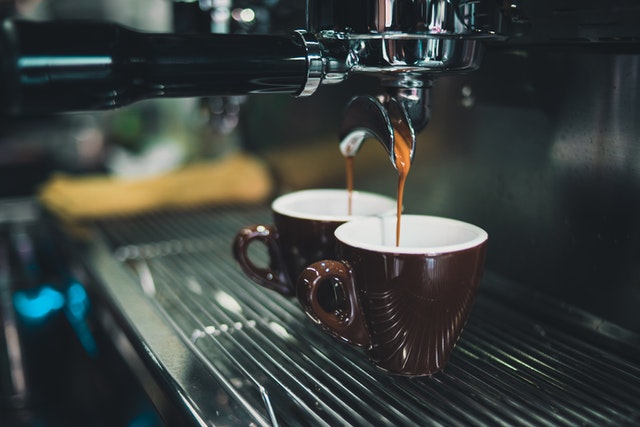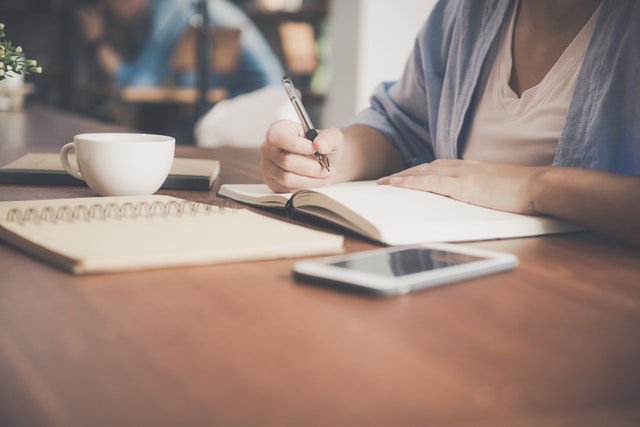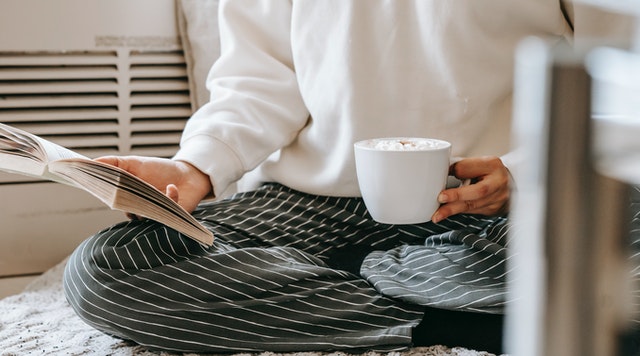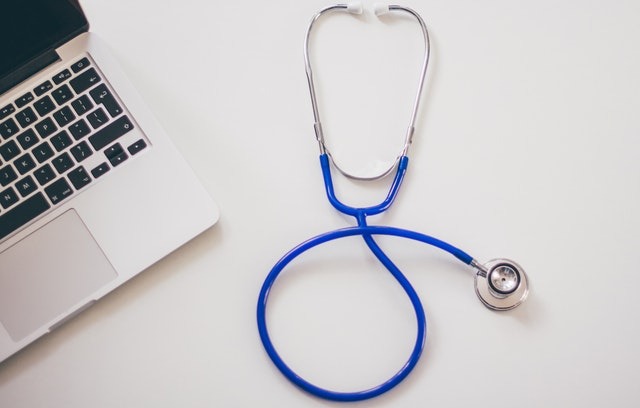While coffee can help you stay awake, drinking too much is not a good thing. Too much of anything has its consequences, and coffee is not an exception to the rule. Addiction is one of the disadvantages of having too much coffee, and the dependency will crawl on you silently. That’s why most people who are dependent on coffee often aren’t aware. Learn the signs to watch for and our recommendations of how you can stop your coffee dependence.
Signs You are Already Addicted to Coffee
Think you may be addicted? Read below for the commons signs that could tip you off.
Your day isn’t complete without some mugs of your favorite coffee

Do you feel incomplete without having your cup of coffee in the morning? Of course you feel like you’re just fond of it, but there’s a good chance you already have a coffee dependence.
Your daily consumption keeps increasing

If your body keeps yearning for more coffee every day, and your daily consumption keeps climbing, you may be addicted. If not checked, you may end up drinking gallons of coffee a day. That doesn’t sound like a good idea when you really think about it, does it?
Without coffee, you can’t concentrate

Do you find it difficult to get through any task if you skip your morning coffee? Are you also getting distracted from your tasks? This simply means that your productivity depends on coffee or the caffeine in it.
Health issues

Some coffee drinkers experience mild health issues when they’re yet to take their daily dose. While some encounter a headache or mild migraine, others experience fatigue. If you belong to any of the categories, you should start making plans to stop your coffee dependence.
And if, despite seeing some of the signs above, you choose to believe that you’re not yet dependent, try to see if you can stay away from coffee for up to 48 hours. The result will show you which side of the divide you belong to.
How to stop your coffee dependency
If you read the above signs and recognized yourself in the descriptions, it may be time to take control and try to stop your coffee dependency. Below are our recommendations of how you can help end the dependence.
Reduce your daily consumption
It may be more difficult to stop your coffee dependence cold turkey. Your body may not be able to handle the sudden pull of the coffee plug. A better way is to quit gradually.

Start by reducing your daily coffee consumption by a cup. If you usually have six cups a day, reduce it to five. Continue to have five cups until your body has fully adjusted to the reduction, then reduce it to four cups.
Continue that way until you get to a cup a day. You can then reduce your consumption to half a cup a day. When your body fully adjusts to half a cup a day, you can reduce it to half a cup every other day. Don’t just zero in on it. Your body will likely react negatively.
Try decaffeinated coffee

Often, the dependency isn’t on the coffee but on its caffeine content. If that is the case with you, it may help to switch to decaffeinated coffee. There are several great brands of decaffeinated coffee with a fantastic taste and a mesmerizing aroma. Try switching to one of them.
Reduce your idle time

The temptation to have coffee reaches its peak when you’re not busy. When you are busy, your mind will be occupied with the task at hand. Reducing your idle time should help.
Avoid places where you could see coffee
When you’re trying to reduce your coffee intake, you need to avoid the drink. Seeing it or perceiving its aroma will heighten your temptation. Avoid places you’re likely to run into it, like restaurants.

Seek the support of your spouse or other members of your household. Ask them to notify you when they want to prepare their coffee so that you can walk away and avoid the temptation.
Involve your doctor

Your body is likely to react to the reduction of your coffee consumption, and it often results in medical conditions known as withdrawal symptoms. Some of them are fatigue, tremors, depressed mood, anxiety, difficulty in concentrating, and headaches. The withdrawal symptoms could get out of hand. That’s why your personal physician must be involved.
Conclusion
Fighting coffee dependency isn’t easy. It will definitely fight back. You need discipline and determination to sail through. After successfully stopping your coffee dependence, you also need to fight a possible relapse, and that is often the toughest part of the battle. At the end of the day, it is your willpower that will make the difference.

